Tomato paste is a key ingredient in many cuisines across the globe. Its rich flavor and versatility make it an essential pantry staple for sauces, soups, and stews. However, there is one perplexing phenomenon that has left many puzzled: the occasional presence of a bitter taste in tomato paste. In this article, we will explore this bitter taste phenomenon, its causes, and how it can be mitigated. Understanding the Bitter Taste in Tomato Paste: 1. Varietal Differences: The bitterness in tomato paste can be influenced by the varietal characteristics of the tomatoes used. Different tomato varieties have varying levels of sweetness, acidity, and bitterness. Some heirloom or traditional varieties have a naturally higher bitterness level, which can be transferred to the paste during the processing phase.
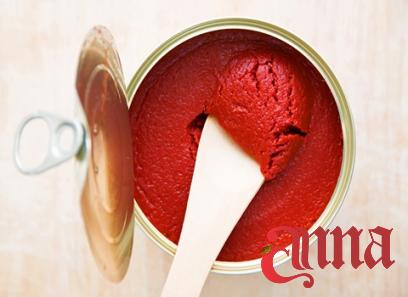
.
 2. Ripeness: The ripeness of the tomatoes at the time of processing can also impact the taste of the tomato paste. Underripe tomatoes contain higher levels of bitter compounds, including alkaloids, which can intensify the bitterness in the final product. Harvesting tomatoes at their peak ripeness helps mitigate this issue. 3. Processing Techniques: The methods used to turn fresh tomatoes into paste can play a significant role in the development of bitterness. Higher temperatures and longer processing times can lead to caramelization reactions that enhance the bitter taste. Implementing proper control over temperatures and processing times can reduce the bitter flavor. Mitigating the Bitterness: 1. Proper Tomato Selection: Choosing ripe and sweet tomato varieties when making tomato paste can help reduce the chances of bitterness. Sweet and juicy tomatoes tend to offer a milder and more pleasant taste.
2. Ripeness: The ripeness of the tomatoes at the time of processing can also impact the taste of the tomato paste. Underripe tomatoes contain higher levels of bitter compounds, including alkaloids, which can intensify the bitterness in the final product. Harvesting tomatoes at their peak ripeness helps mitigate this issue. 3. Processing Techniques: The methods used to turn fresh tomatoes into paste can play a significant role in the development of bitterness. Higher temperatures and longer processing times can lead to caramelization reactions that enhance the bitter taste. Implementing proper control over temperatures and processing times can reduce the bitter flavor. Mitigating the Bitterness: 1. Proper Tomato Selection: Choosing ripe and sweet tomato varieties when making tomato paste can help reduce the chances of bitterness. Sweet and juicy tomatoes tend to offer a milder and more pleasant taste.
..
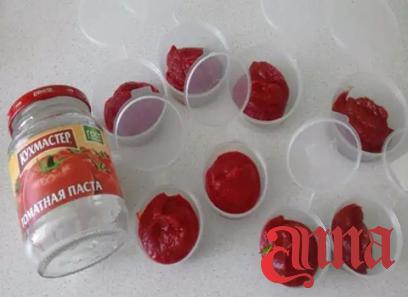 2. Blanching and Peeling: Blanching the tomatoes before processing helps remove any bitter compounds from the skin, resulting in a smoother and less bitter paste. Peeling the tomatoes after blanching can provide an additional safeguard against the bitter taste. 3. Accurate Processing Techniques: Using low and controlled heat during the boiling process helps minimize the development of bitter flavors. Maintaining proper cooking times also plays a vital role in achieving a well-balanced tomato paste without any unpleasant bitterness. Conclusion: The bitter taste in tomato paste can be a result of various factors, including varietal differences, ripeness, and processing techniques. However, by carefully selecting tomatoes, implementing appropriate processing methods, and ensuring optimal ripeness, manufacturers and home cooks alike can minimize the chances of encountering this bitter taste phenomenon. By understanding the causes behind the bitterness and employing appropriate measures, we can continue to enjoy the rich and delicious flavors of tomato paste in our culinary creations, without any unwelcome surprises.
2. Blanching and Peeling: Blanching the tomatoes before processing helps remove any bitter compounds from the skin, resulting in a smoother and less bitter paste. Peeling the tomatoes after blanching can provide an additional safeguard against the bitter taste. 3. Accurate Processing Techniques: Using low and controlled heat during the boiling process helps minimize the development of bitter flavors. Maintaining proper cooking times also plays a vital role in achieving a well-balanced tomato paste without any unpleasant bitterness. Conclusion: The bitter taste in tomato paste can be a result of various factors, including varietal differences, ripeness, and processing techniques. However, by carefully selecting tomatoes, implementing appropriate processing methods, and ensuring optimal ripeness, manufacturers and home cooks alike can minimize the chances of encountering this bitter taste phenomenon. By understanding the causes behind the bitterness and employing appropriate measures, we can continue to enjoy the rich and delicious flavors of tomato paste in our culinary creations, without any unwelcome surprises.
…
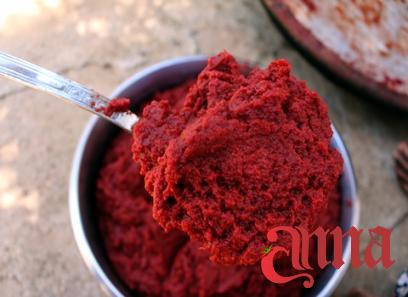 Furthermore, it is essential for manufacturers and suppliers of tomato paste to consistently monitor and maintain strict quality control measures to provide customers with a consistently flavorful and non-bitter product. This involves regular testing during the production process to identify any potential issues with bitterness. For home cooks, understanding the potential causes of bitterness in tomato paste can help in selecting the right brand or variety before making a purchase. Reading product reviews, seeking recommendations from fellow cooks, or trying out different brands can help in finding tomato paste that is less likely to have a bitter taste. In the event that a batch of tomato paste does turn out to be bitter, there are some remedies that can salvage the taste in recipes. Adding a pinch of sugar or a small amount of honey can help balance out the bitterness. However, it’s important to use these remedies sparingly as too much sweetness can alter the flavor profile and may not be suitable for all recipes. It’s worth noting that while the bitter taste in tomato paste can be an undesirable aspect, it is not necessarily an indication of a product’s quality or freshness. With careful selection and cooking techniques, the bitter taste can be minimized or eliminated altogether. In conclusion, the bitter taste in tomato paste can be a result of various factors such as varietal differences, ripeness, and processing techniques. While it may be an occasional inconvenience, understanding the causes behind the bitterness and implementing appropriate measures can ensure a consistently delicious tomato paste experience. By being knowledgeable consumers and employing proper cooking techniques, we can enjoy the rich flavors and versatility of tomato paste without any unwanted bitterness.
Furthermore, it is essential for manufacturers and suppliers of tomato paste to consistently monitor and maintain strict quality control measures to provide customers with a consistently flavorful and non-bitter product. This involves regular testing during the production process to identify any potential issues with bitterness. For home cooks, understanding the potential causes of bitterness in tomato paste can help in selecting the right brand or variety before making a purchase. Reading product reviews, seeking recommendations from fellow cooks, or trying out different brands can help in finding tomato paste that is less likely to have a bitter taste. In the event that a batch of tomato paste does turn out to be bitter, there are some remedies that can salvage the taste in recipes. Adding a pinch of sugar or a small amount of honey can help balance out the bitterness. However, it’s important to use these remedies sparingly as too much sweetness can alter the flavor profile and may not be suitable for all recipes. It’s worth noting that while the bitter taste in tomato paste can be an undesirable aspect, it is not necessarily an indication of a product’s quality or freshness. With careful selection and cooking techniques, the bitter taste can be minimized or eliminated altogether. In conclusion, the bitter taste in tomato paste can be a result of various factors such as varietal differences, ripeness, and processing techniques. While it may be an occasional inconvenience, understanding the causes behind the bitterness and implementing appropriate measures can ensure a consistently delicious tomato paste experience. By being knowledgeable consumers and employing proper cooking techniques, we can enjoy the rich flavors and versatility of tomato paste without any unwanted bitterness.


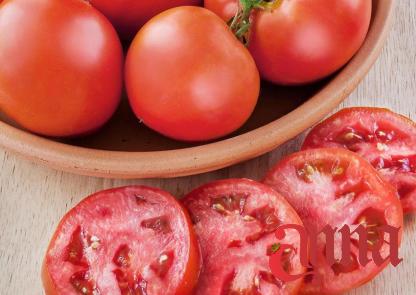
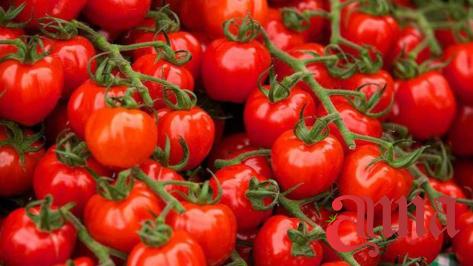


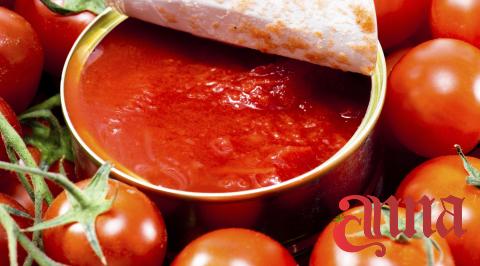
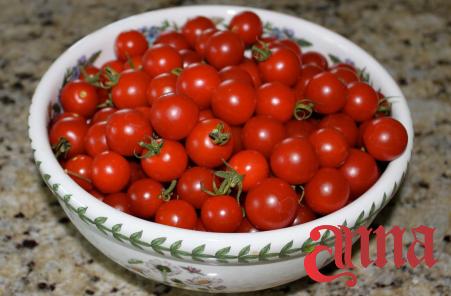
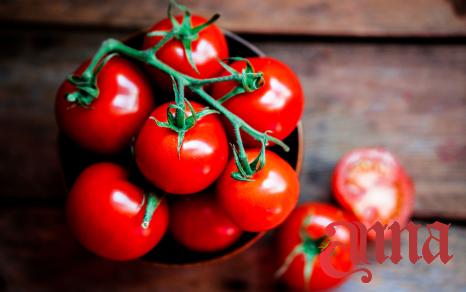
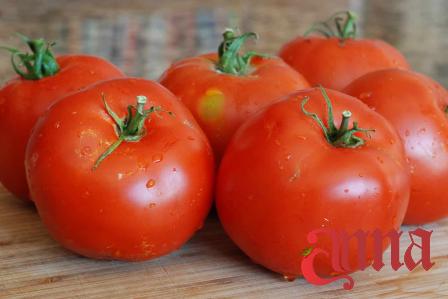
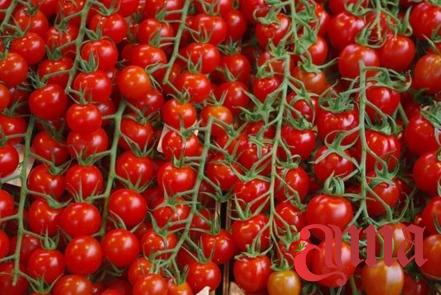
Your comment submitted.